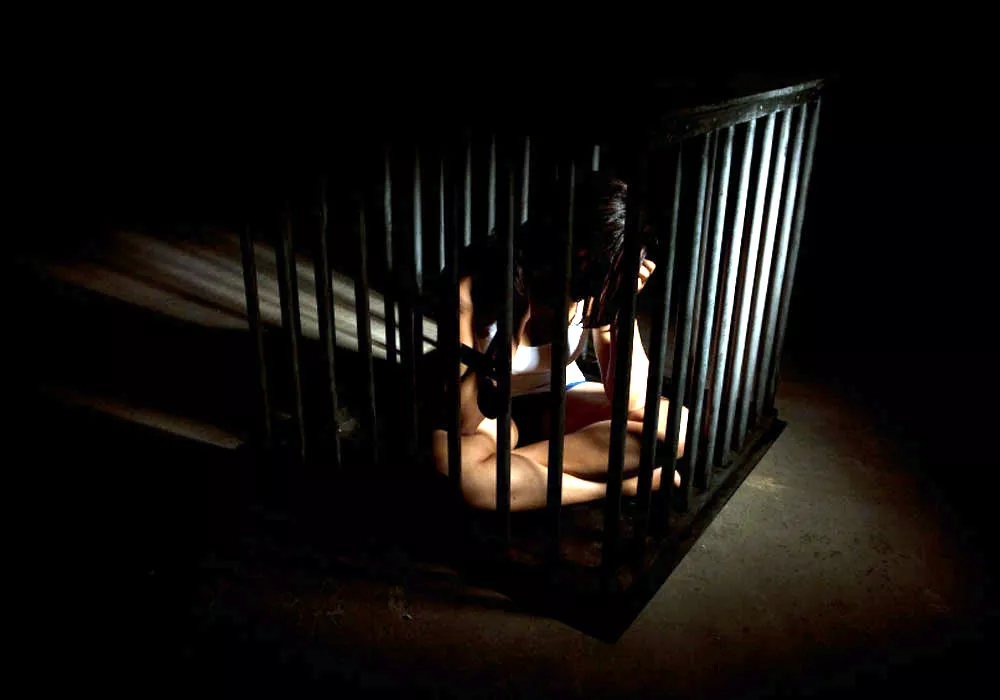Sean O’Donnell knew that he couldn’t get the pimp’s 13- and 17-year-old victims onto the witness stand. So he explained to him what sentences he might face if convicted.
“This is your exposure if you go to trial,” O’Donnell, a senior deputy prosecutor in King County, recalls of his prosecution of Derek Caldwell, “and recognizing that exposure, he pled guilty” to attempted human trafficking in the second degree.
That was last year, and only after the Washington Legislature amended the state’s human trafficking statute to provide for harsher penalties. But convictions under the state’s human trafficking law — one of the nation’s first and harshest — are rare.
A slew of new bills introduced in the state Senate last week are looking to change how law enforcement deals with human traffickers at a state level. Social services organizations in Spokane are hoping the new laws will chill the trafficking they say takes place in the region.
“We see a lot of people who go in and out of the community on prostitution that aren’t from this community,” says Adam Shipman, director of advocacy and education for Lutheran Community Services, which has joined with a number of other social services organization to form the Coalition to Abolish Trafficking in the Inland Northwest.
“Giving law enforcement, giving state regulators the tools to address trafficking is very important.”
The proposals are sweeping. One would increase the penalty for compelling a mentally disabled person into prostitution. Another would criminalize offering advertisements that could lead to sex with a minor. A third would allow people convicted of prostitution to have their convictions vacated if they can prove they were trafficked.
Two that have gotten skeptical receptions from businesses would require reflexologists to be licensed and massage parlors to submit to health department inspections.
“For me, the impetus is that many of us are trying to do everything possible to eliminate human trafficking in our state,” says Sen. Jeanne Kohl-Welles, a Western Washington Democrat who co-sponsored 10 of the 12 bills proposed. “We’ve been working to come up with approaches that we think have a good chance of getting through.”
In 2003, Washington became the first state in the country to criminalize human trafficking. The Legislature has since passed numerous laws meant to turn up the heat on traffickers who deal with prostitutes or laborers.
In 2008, a report identified human trafficking as a “considerable concern” for the Spokane area. Yet, besides Caldwell’s plea deal, the only guilty verdict rendered by a jury under the state human trafficking law happened in King County, and that was in the case of a gangster whose victims were willing to testify against him.
The last prosecution under federal law in Eastern Washington happened in 2008.
Frank Harrill, the FBI’s supervisory special agent for Spokane, says that oftentimes, trafficking is uncovered through other criminal investigations, rather than through an investigation specifically targeted at the activity.
Mark Kadel, the director of refugee resettlement agency World Relief Spokane, which is also part of the anti-trafficking coalition, says he was hopeful about the new laws but wanted to make sure they were actually used.
“I’d love to see law enforcement become more aware of these bills,” Kadel says, “so that these bills aren’t sitting on paper, but rather are utilized.”




















